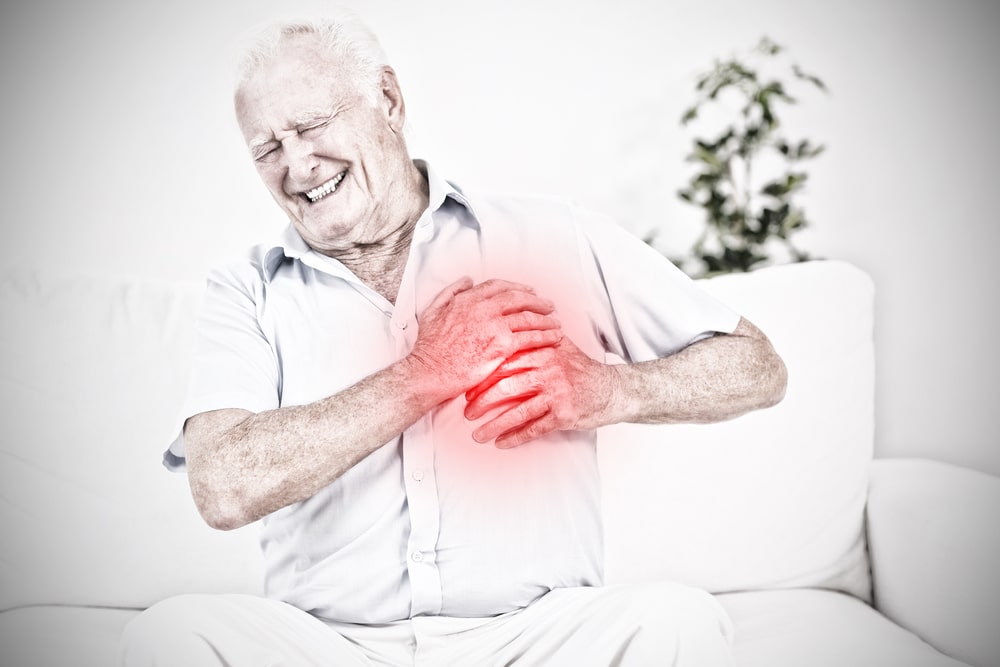In the case of males, sudden cardiac arrest is the most prevalent cause of death. Males over the age of 40 are the predominant victims, while females are also afflicted. The most common cause of cardiac arrest is a common heart disease caused by a variety of circumstances. High blood pressure, smoking, alcohol, stress, depression, work-life balance, anxiety, high cholesterol, obesity, genetic traits, and other factors are all factors to consider.
If you are in the same age group or approaching it, you must become aware right now so that you do not suffer to a sudden cardiac arrest. If you acquire one, your odds of survival are determined by how quickly you receive therapy and how much potential there is in your body to receive treatment. However, prevention is always preferable to treatment, so here are some steps explained by Dr. Sanjay Kumar, the best Cardiologist in Faridabad you may take to avoid a cardiac arrest.
The prevention of a cardiac arrest begins with a change in lifestyle. Diet and stress levels must be managed, and frequent health examinations provide the assurance that you will continue to improve. Follow the steps below to get started:
Smoking is extremely harmful and should be avoided at all costs. Carbon particles progressively and permanently clog the filters in the lungs, limiting the lungs’ ability to inhale, filter, and absorb oxygen.
If you must drink, do so socially and seldom. Long-term alcohol usage contributes to obesity and fat accumulation, as well as diluting the blood. Low consumption, on the other hand, aids in the melting of LDL cholesterol and fat.
Every day, get some exercise. In essence, you don’t need to do any strength training. Simple warm-up exercises such as brisk walking or free hand exercises can suffice, but the body must be warmed up on a daily basis.
Regularly schedule a heart checkup every six months or a year. This will reveal the state of your health, cholesterol levels, blood pressure, and total blood circulation.
Avoid junk and fatty foods, as well as anything that raises cholesterol and fat levels in the body.
When you’ve recently had a cardiac arrest?
If you’ve recently had a cardiac arrest, you should seek help from a family member who can do CPR or use a defibrillator. In both circumstances, proficiency with the procedures and tools is required. As a result, if you know you have coronary heart disease and are at risk of sudden cardiac arrest, you should teach a family member to administer these immediate treatments while you contact a docto

